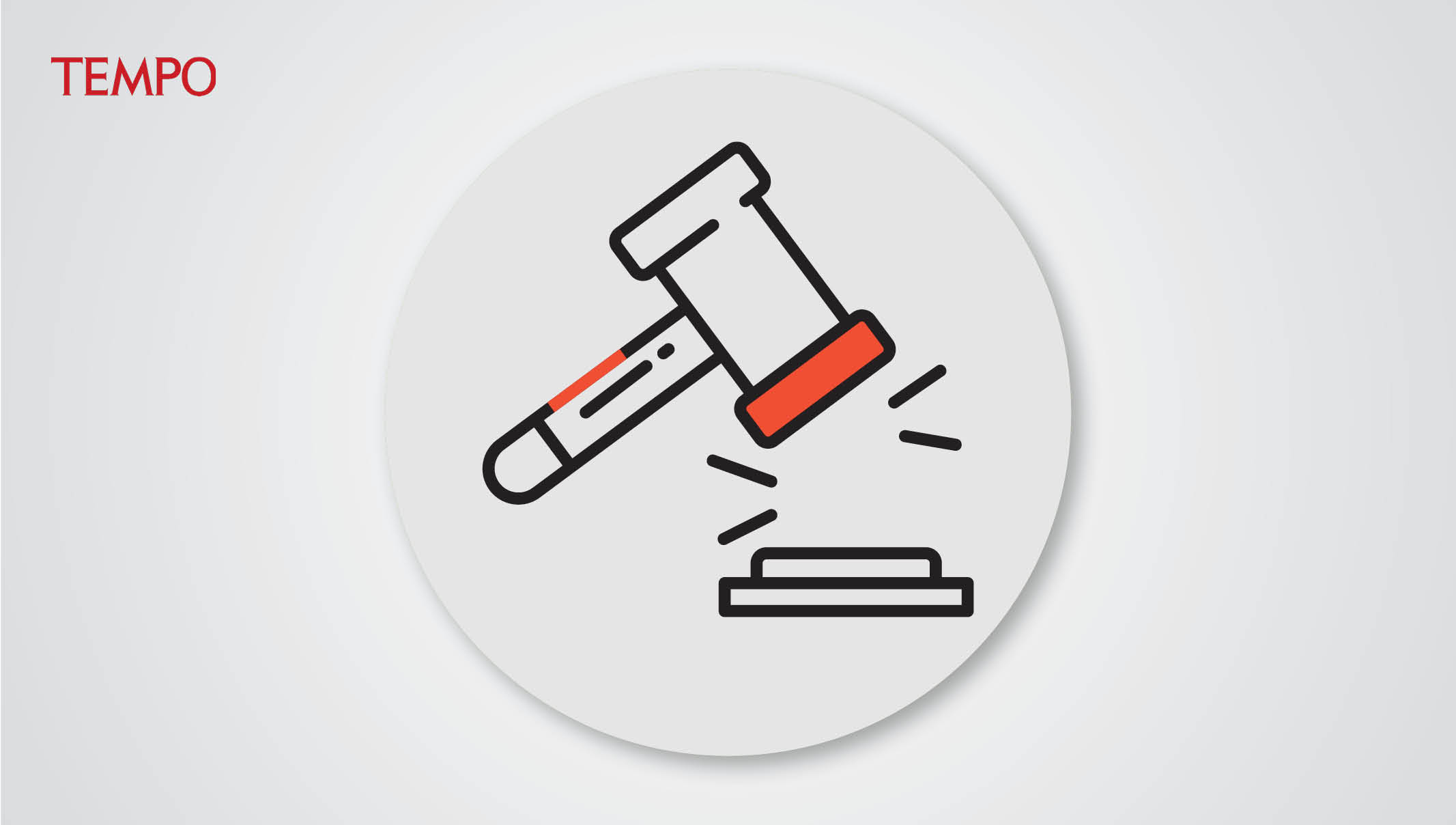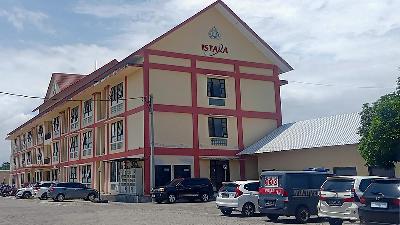The Recurring Topic of Asset Recovery Bill
Monday, February 12, 2024
Deliberations on the Asset Recovery Bill are again stalled at the DPR. The bill is turned into a political product during the campaign period.
arsip tempo : 174548246341.

ALTHOUGH the presidential candidates have stated their support for the Criminal Asset Recovery Bill, its legislation is nowhere in sight. Deliberations on the government-proposed bill have again reached a stalemate. The House of Represntatives (DPR) did not mention the bill at all at the last plenary hearing on February 6.
The legislation process for the bill meant to seize the assets of criminals has gone slowly over the past nine months. President Joko Widodo had sent a letter proposing the bill to House Speaker Puan Maharani on May 4, 2023. To this day, the letter has not left Puan’s desk. This bill does not seem to be a joint priority of the government and legislative body—unlike other government-proposed bills such as the Job Creation Bill and the Capital City Bill, which were legislated in a short time.
The Asset Recovery Bill had already been recommended by the Financial Transaction Reports and Analysis Center (PPATK) in 2008, during Susilo Bambang Yudhoyono’s administration. The government designed the first draft in 2012. After years of no progress, there was a second revision in 2019. The bill’s latest revision was made in 2023. Considering the time, the bill seems to be deliberated on according to the season, i.e., during campaign periods.
Political party leaders have not instructed members to deliberate the bill. Based on Tempo’s investigation, politicians are unsettled by at least two articles, among other a section under Article 5, which outlines the criteria for criminal assets that can be seized despite having been donated, to include economic profits resulting from these assets. There is also Article 7, which states that a perpetrator’s assets can be seized although the person has died or escaped. All forfeiture can be performed without a criminalization process.
Politicians have no need to be allergic to the bill, if they truly support eliminating corruption, as all political parties have always advertised. The Asset Recovery Bill is needed because so far, law enforcers have been obstructed by the law when they wish to seize assets that have changed hands. The bill is expected to have a deterrent effect because it can impoverish those targeted, from corruptors to drug dealers.
During deliberations, the DPR can test these articles openly by inviting academicians, criminal law experts, as well as civil society organizations that have long monitored the bill’s progress. A joint discussion is important because the bill may have articles that can potentially lead to misuse of authority.
If misused, the bill can be used as a tool to legitimize and perpetuate oligarchy. Nowadays, it is easy for the government to bend the law. This phenomenon is evident in the Corruption Eradication Commission (KPK). The previously independent institution has transformed into an arm of the executive power after the revised KPK Law was passed. As a result, the commission has often been used to intimidate political rivals using corruption cases. The Asset Recovery Bill needs to regulate the authority of investigators. Law enforcers, for example, should only be able to seize corruptors’ assets through a court order. The institution appointed to manage seized assets must also be monitored by an independent agency.
No matter what, the first step is to make this bill a priority. If not, the topic will only be raised again five years from now, during yet another campaign period.











